In an era where we frequently upgrade our gadgets like smartphones, processors, and graphics cards to keep up with the latest trends, it's fascinating to see how older technology still holds a significant place in various applications. Rather than being discarded or resold, these vintage devices continue to serve crucial roles in unexpected ways. Here are eight compelling examples of how old tech remains relevant and even indispensable.
Retro Computers Mining Bitcoin
 Image: x.com
Image: x.com
An enthusiast demonstrated the potential of the 1982 Commodore 64 for mining Bitcoin. Despite its 8-bit, 1 MHz processor, it manages a mere 0.3 hashes per second. To put this into perspective, an RTX 3080 GPU processes 100 million hashes per second. At this rate, mining a single Bitcoin with the C64 would take around a billion years. Similarly, a YouTuber named stacksmashing used a 1989 Nintendo Game Boy, connected to the internet via a Raspberry Pi Pico microcontroller, to mine Bitcoin at 0.8 hashes per second. This is about 125 trillion times slower than modern ASIC miners, meaning it would take longer than the universe has existed to mine one Bitcoin.
A Reliable Mechanic’s Assistant Since the '80s
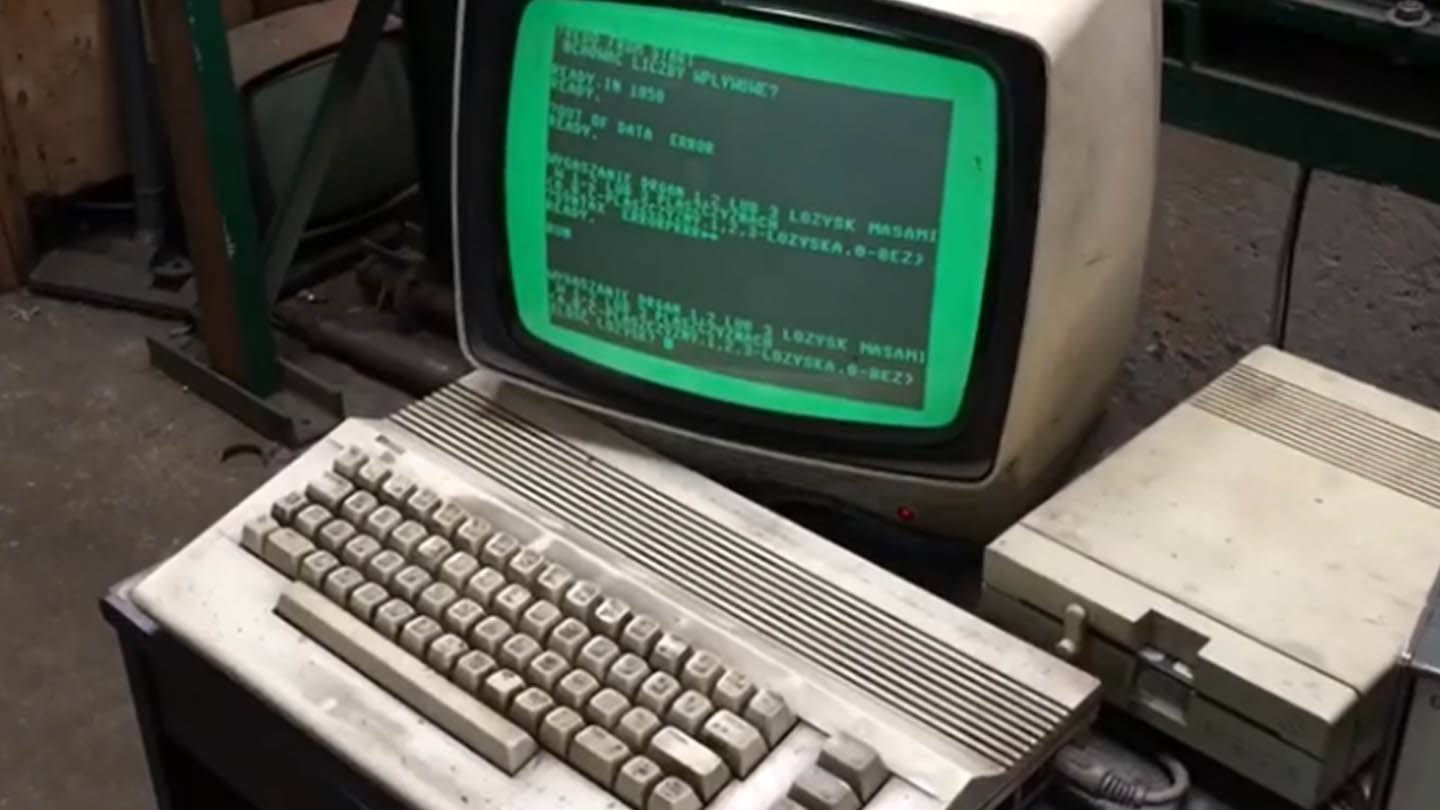 Image: x.com
Image: x.com
In Gdansk, Poland, a Commodore 64C has been a steadfast assistant to mechanics for over three decades. Surviving even a flood, this computer continues to perform drive shaft calculations with its 1 MHz CPU and 64 KB of memory. It runs custom software developed by the business owner, showcasing the durability and reliability of older technology.
Vintage Tech as a Bakery POS System
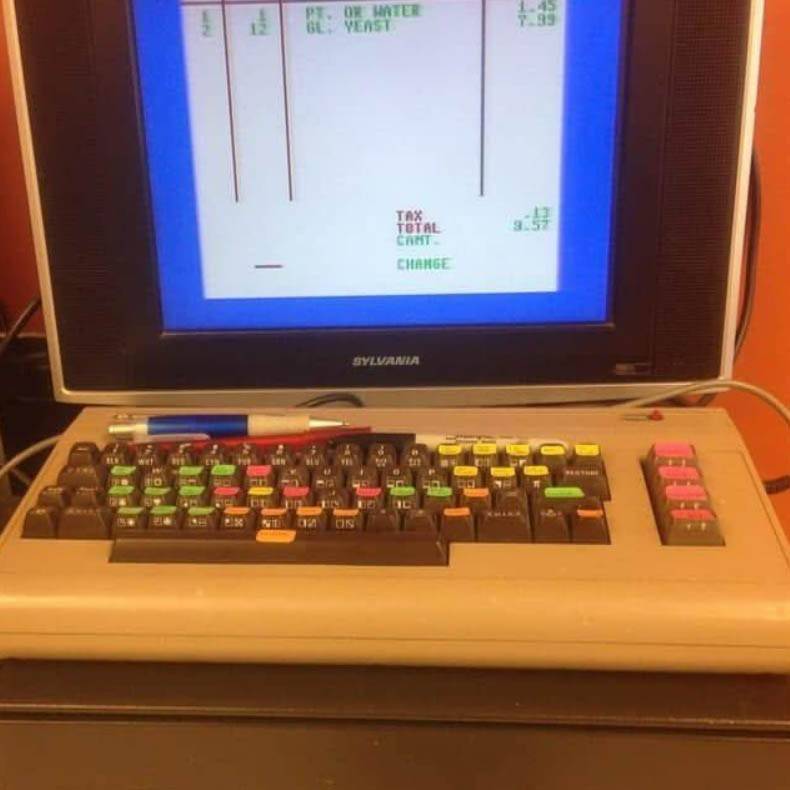 Image: x.com
Image: x.com
A bakery in Indiana has been using a Commodore 64 as its point-of-sale (POS) system since the 1980s. Dubbed the "breadbox," this computer functions as an online cash register. Unlike modern POS systems that often face issues with software updates, the C64 remains dependable, requiring only updated keyboard labels for different baked goods.
Outdated Systems Managing Nuclear Arsenals
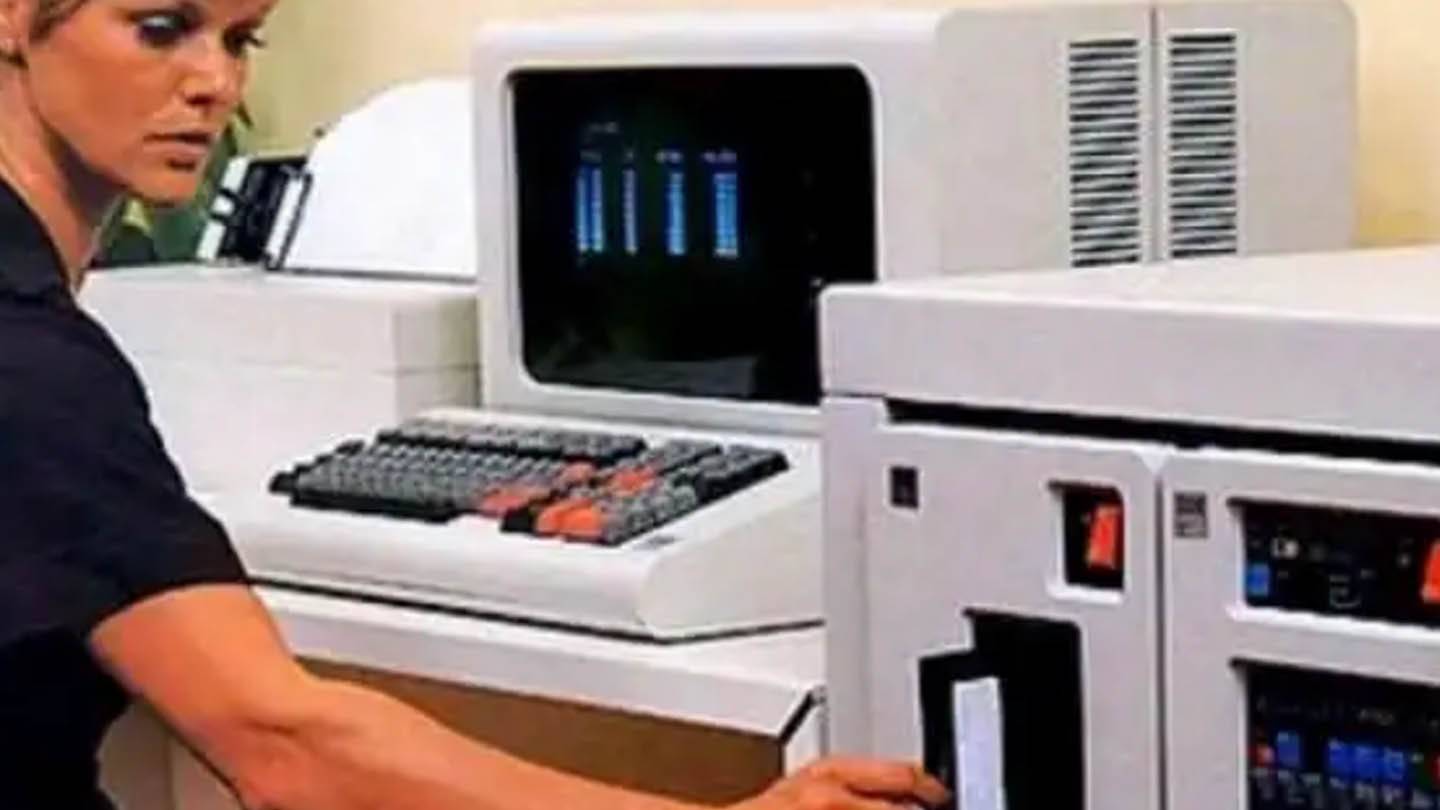 Image: x.com
Image: x.com
The United States manages its nuclear arsenal using an IBM computer from 1976, which operates with 8-inch floppy disks storing about 80 KB of data. Despite plans for modernization, the system's proven reliability keeps it in use. Similarly, Germany's Brandenburg-class frigates, built in the 1990s, still use 8-inch floppy disks. Efforts to upgrade include installing floppy disk emulators, but nostalgia and reliability keep the original systems in place.
Windows XP Powers Multi-Billion Dollar Aircraft Carrier
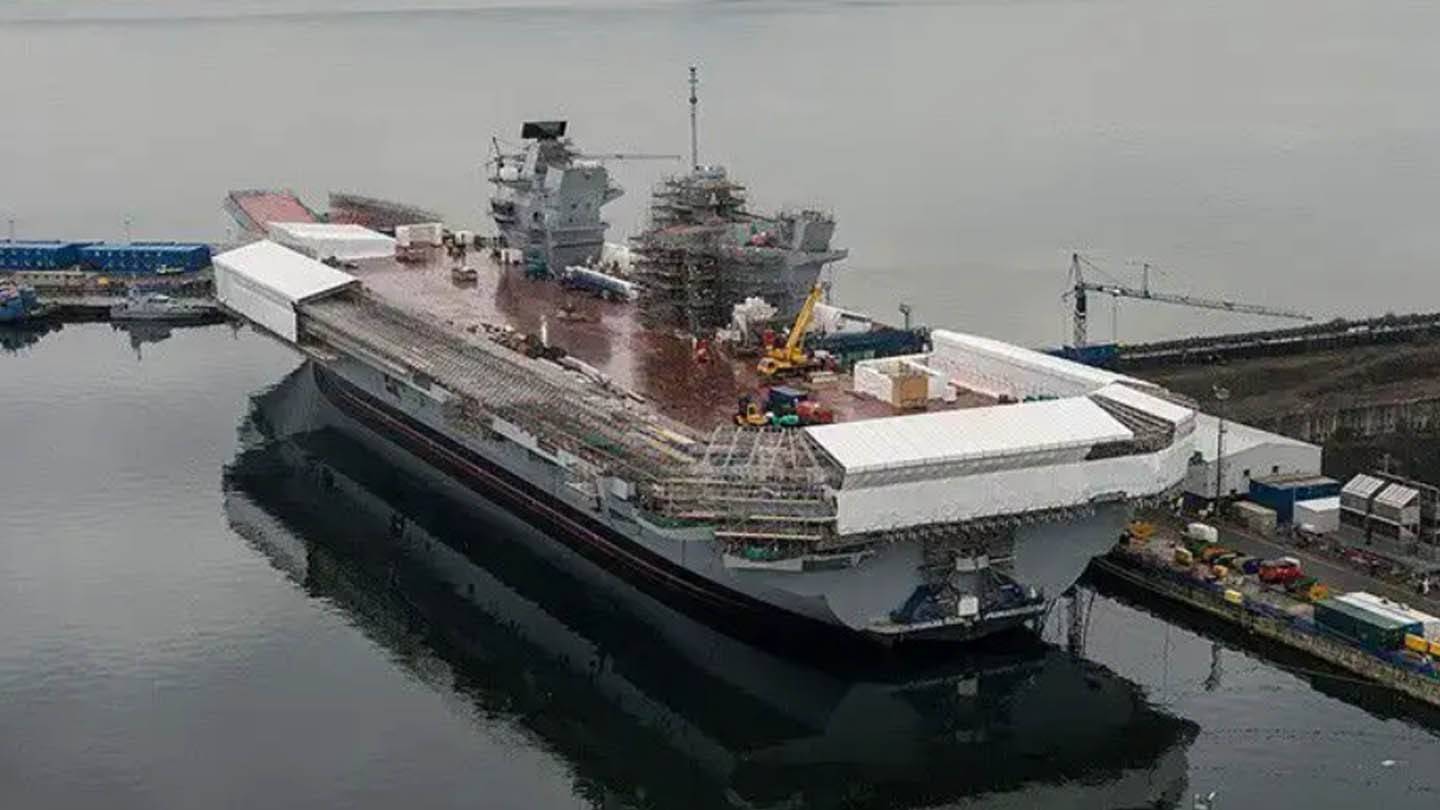 Image: x.com
Image: x.com
The HMS Queen Elizabeth, a British aircraft carrier costing billions, runs on Windows XP, an operating system that ceased support in 2014. The Royal Navy claims to have implemented necessary security measures, yet the use of such outdated software raises concerns. Similarly, Britain's Vanguard-class submarines, including Victorious, Vigilant, and Vengeance, use Windows XP for managing intercontinental missiles. These systems remain offline for security, with no updates planned until 2028.
Critical Airport Infrastructure Fails Due to Legacy Software
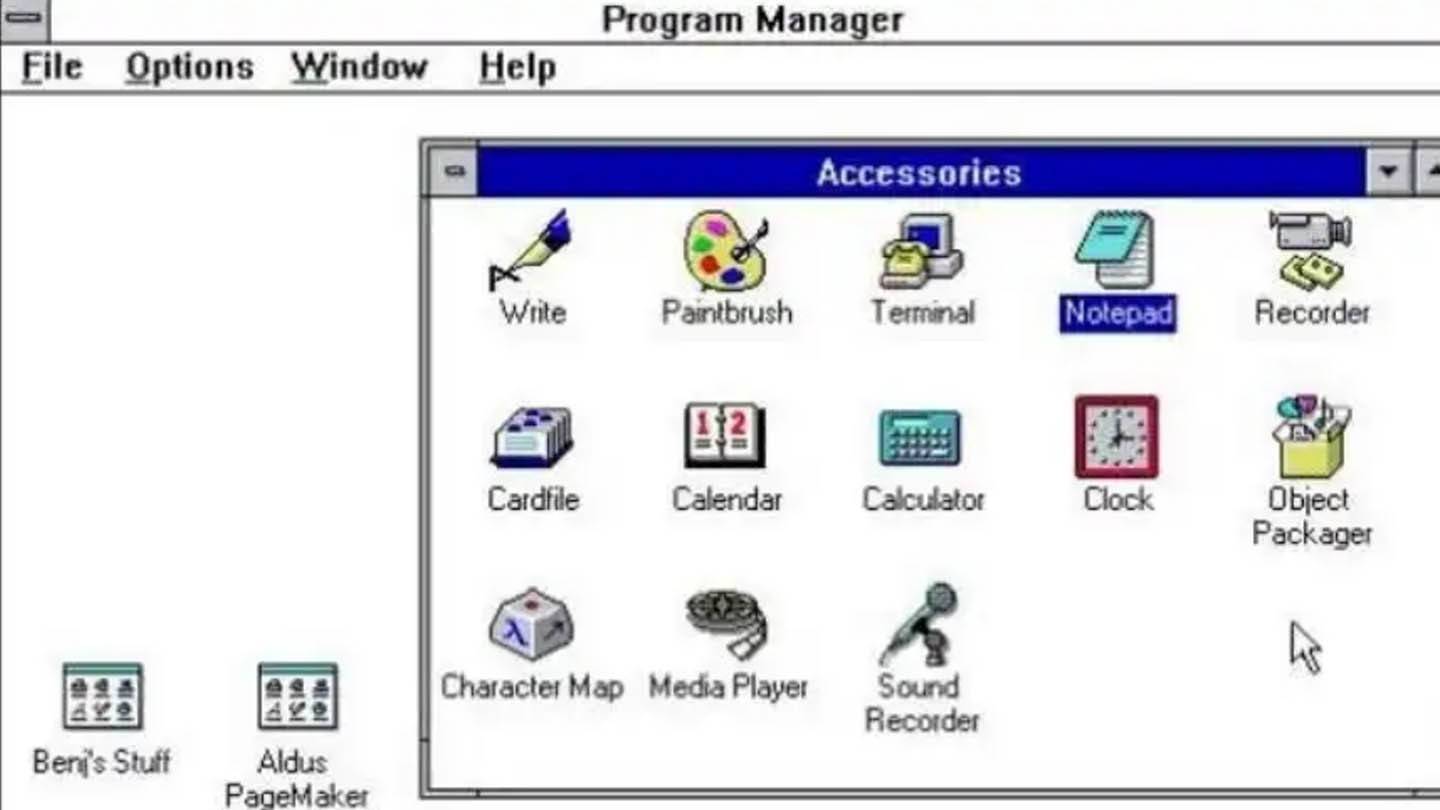 Image: x.com
Image: x.com
In 2015, Paris Orly Airport faced a crisis when a computer running Windows 3.1, a 1992 operating system, crashed. The DECOR software, which provides pilots with weather data, failed, leading to flight suspensions for safety. In a humorous twist, users speculated that the computer simply wanted to upgrade to Windows 95.
Classic Hardware Used for Cutting-Edge Research
While not mentioned in the original article, classic hardware like the Commodore 64 is often repurposed for scientific research and education. These systems are used to teach programming basics or simulate simple physics experiments, highlighting their value in understanding fundamental computing principles.
Nostalgia Keeps Old Systems Alive
Beyond practical applications, many organizations retain legacy systems due to nostalgia or habit. Maintaining compatibility with existing workflows or avoiding costly upgrades are common reasons. These decisions underscore the enduring value of familiar tools.
These examples illustrate how outdated technology continues to play critical roles across various industries. From gaming consoles mining cryptocurrency to ancient computers guiding global defense systems, legacy tech demonstrates remarkable resilience. While eventual upgrades may replace them, these devices remind us of the enduring value of simplicity and reliability.
 Home
Home  Navigation
Navigation






 Latest Articles
Latest Articles










 Latest Games
Latest Games












